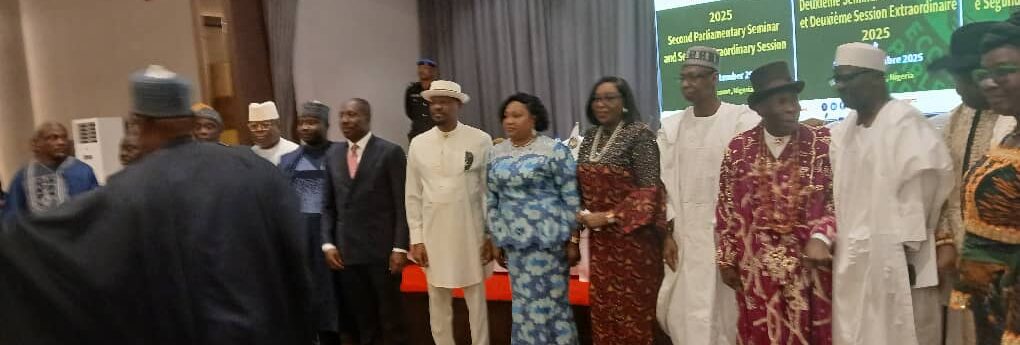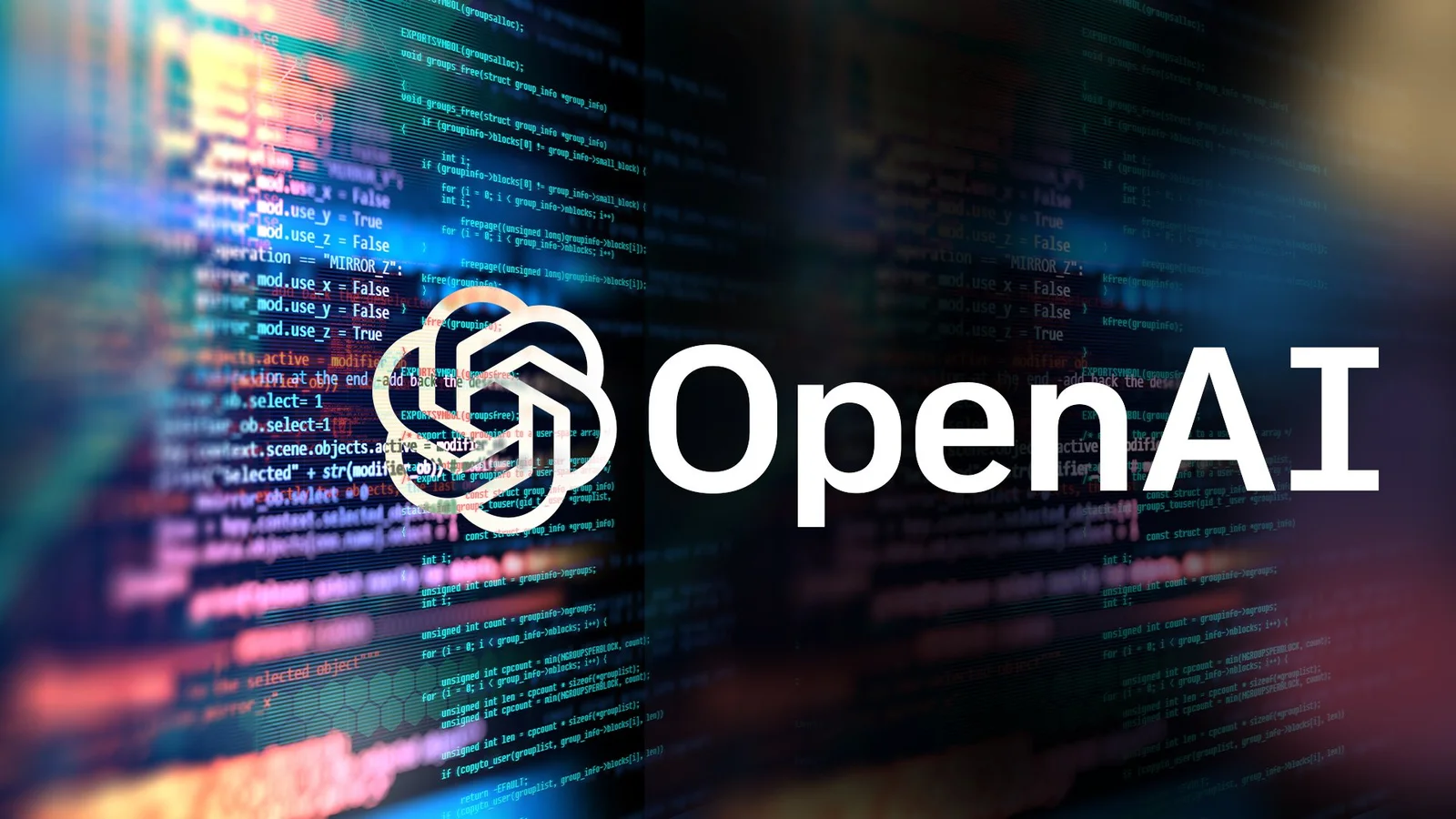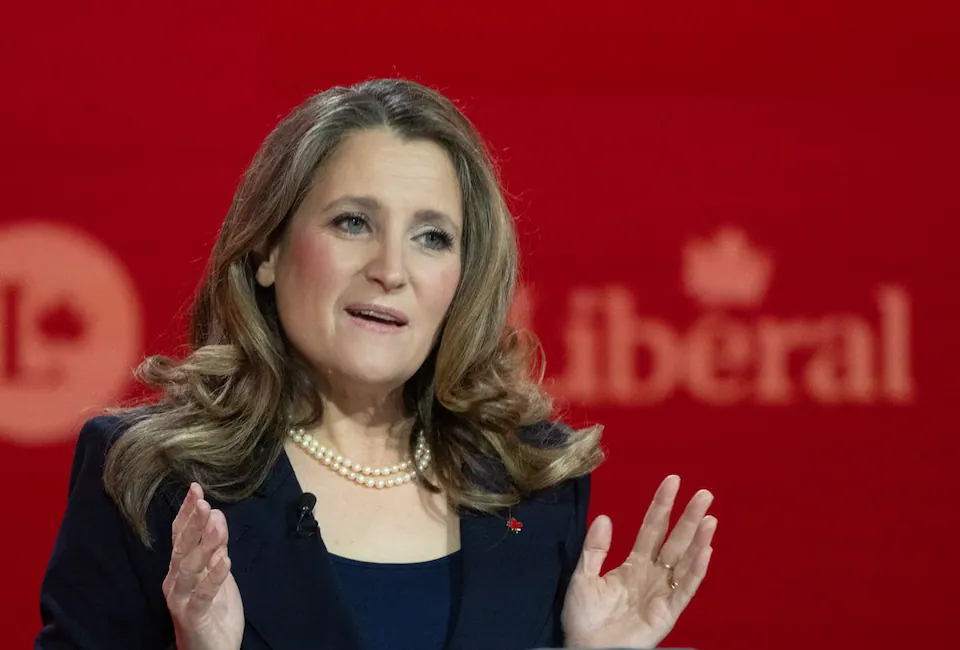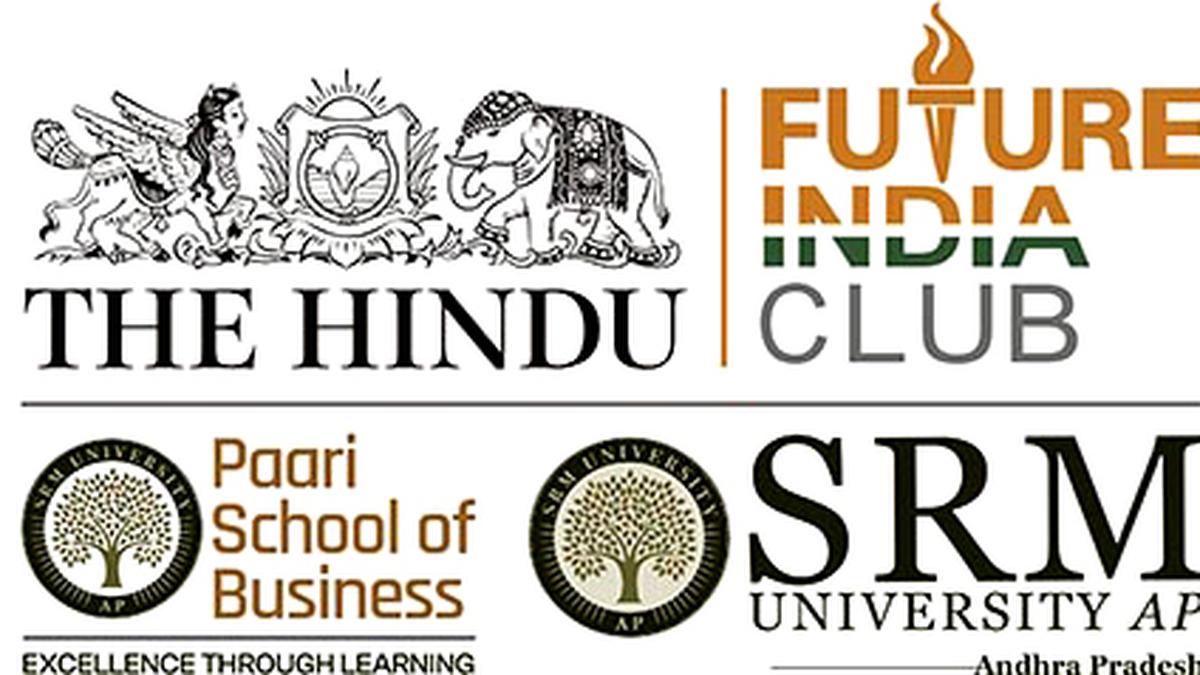ECOWAS Parliament Speaker, Stakeholders Canvass Utilization Of AI To Deepen Democracy, Better Regulatory Framework
By Stella Omona
Copyright independent

The Speaker of ECOWAS Parliament, Hajia Memounatou Ibrahima, and other stakeholders have stressed that AI is a “global competitive tool and legislators within the region must look into how to utilize AI to improve democracy by providing a better regulatory framework.”
The Speaker spoke in her opening remarks during the opening session of the Second Parliamentary seminar of the ECOWAS Parliament at its 2025 Extraordinary Session with the theme, “Harnessing Artificial Intelligence for Parliamentary Efficiency, Ethical Governance and Development in the ECOWAS Region” in the Rivers State capital, Port Harcourt, on Monday.
She noted that AI is a tangible reality that offers better potential, which can help facilitate communication between parliamentarians and the people of West Africa to enhance social and economic growth.
Deputy President of the Nigerian Senate, Jubrin Barau, who is also the First Deputy Speaker of the ECOWAS Parliament, in his address tasked the legislators to deepen their understanding and interrogate the risks associated with Artificial Intelligence and propose a concrete pathway to harness AI responsibly and ethically for the benefit of the people.
Barau, who is leading the Nigerian Delegation to the regional parliament, said, “AI is reshaping governance, economies, and societies worldwide. For us legislators entrusted with the sacred duty of representation, lawmaking, and oversight, AI presents opportunities to enhance efficiency, strengthen accountability, and promote development.”
The Governor of Rivers State, Sir Siminalayi Fubara, who was represented by his deputy, Professor Ngozi Odu, welcomed the parliamentarians and urged them to brainstorm in a bid to present possible legislation on how Artificial Intelligence can serve democratic governance rather than supplanting it.
Rivers, as Nigeria’s energy capital and a thriving technology hub, offers unique insights into this challenge. Harnessing AI for parliamentary efficiency should be domesticated to accommodate our traditional governance structures with emerging ecosystems.”
Permanent Secretary of the Ministry of Foreign Affairs, Ahmed Dunoma, in his remarks, emphasized that AI has evolved from a distant possibility to a present reality, influencing nearly every sector, from education, health, and security to commerce, communication, and governance.
He said, “For West Africa, the challenge is not whether AI will transform our societies, but how we as leaders, policymakers, and parliamentarians will guide that transformation to ensure it strengthens democratic governance, deepens integration, and improves the lives of our citizens.
“Parliament is the heartbeat of democracy. By leveraging AI, we can enhance legislative drafting, improve the quality and timeliness of oversight functions, and broaden citizen engagement in policymaking.
“However, we must not only remain vigilant but also proactive in addressing the ethical, security, and socio-economic implications of these technologies, particularly in a region still grappling with issues of digital divide, unemployment, and cyber threats.”
The Speaker of Rivers State House of Assembly, Mr Martins Amaewhule, in his goodwill message, stressed the importance of AI even as he expressed optimism that this session will provide a “pragmatic approach towards harnessing the opportunities AI provides.”



